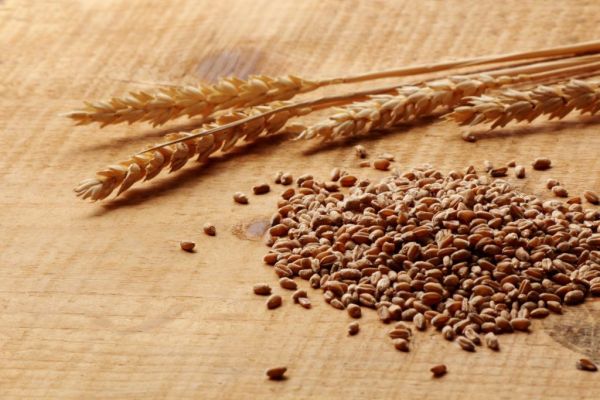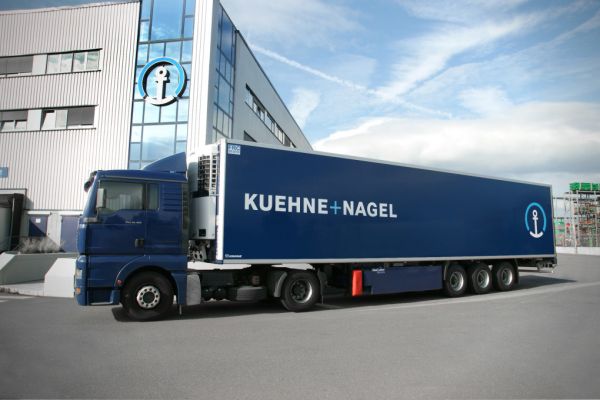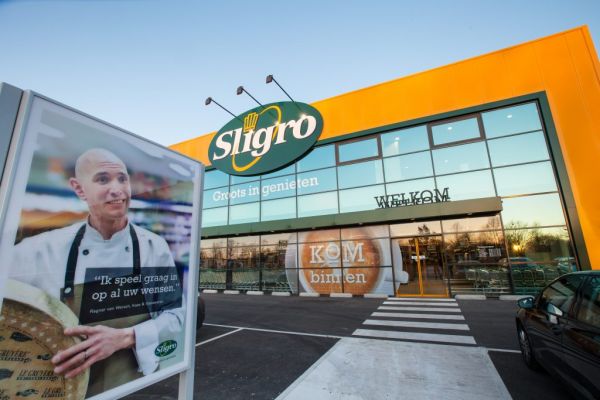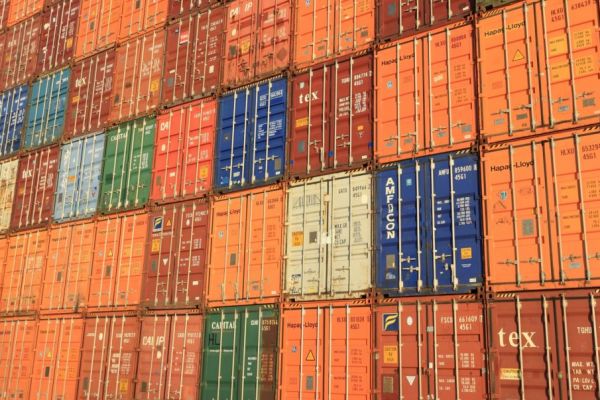The U.K.’s decision to walk away from the European Union may throw billions of pounds worth of agriculture trade into question as politicians prepare for a lengthy wrangle over future policy.
The EU is the biggest customer for U.K. food and drink exports, with last year’s sales, excluding alcohol, valued at 8.9 billion pounds ($12.3 billion), according to the Food & Drink Federation. Britain is also a major importer from countries including the Netherlands, France, Ireland and Germany.
Refining existing policies may be lengthy and difficult: The U.K. has two years to negotiate its exit and nobody knows yet what type of trade deals will be secured. While a weaker pound would make exports of U.K. products including grains more attractive, German farm cooperatives’ group DRV warned on Friday that Brexit could lead to a patchwork trade policy in Europe that might have “far-reaching, negative consequences” for exports.
“Trade is the most urgent and most obvious issue,” Pekka Pesonen, secretary general of Brussels-based farm lobby group Copa & Cogeca, said by phone. “The last thing we need is another element of uncertainty. There are very strong economic links between the British Isles and continental Europe, and severing those business relationships would be serious for everybody.”
Agriculture Investment
One concern is investment in U.K. agriculture, which will probably stall until trade and farming policies are clarified, said Allan Buckwell, an economist and emeritus professor from Imperial College London. “Huge uncertainty” will remain in the markets for at least a year, farm-land prices may drop and costs of imported machinery and fertilizers may rise, he said.
Here’s what other analysts and industry groups said about the implications for food and agriculture:
Meurig Raymond, president of the U.K. National Farmers’ Union, said there are concerns about renegotiating trade deals and securing labor in an industry which partly relies on workers from Eastern Europe. The Irish Farmers’ Association expressed “disappointment” in the vote result and said the trade relationship with Great Britain and Northern Ireland will be central to EU-U.K. negotiations.
The Crop Protection Association, which represents chemical companies, said there’s now an opportunity to scrutinize policies and address poorly managed regulations that hurt the competitiveness of U.K. farming. Bloomberg Intelligence said because the U.K. is only 54 percent self-sufficient in food, some food costs may increase if trade tariffs are imposed. FNSEA, the French National Federation of Farmers’ Unions, said Britain should remain an “indispensable partner” in food trade and the vote highlights the divide between people and EU institutions.
The National Farmers’ Union Scotland said there needs to be a period of stability following the “seismic” political changes in the last 24 hours.
News by Bloomberg, edited by ESM. To subscribe to ESM: The European Supermarket Magazine, click here.














